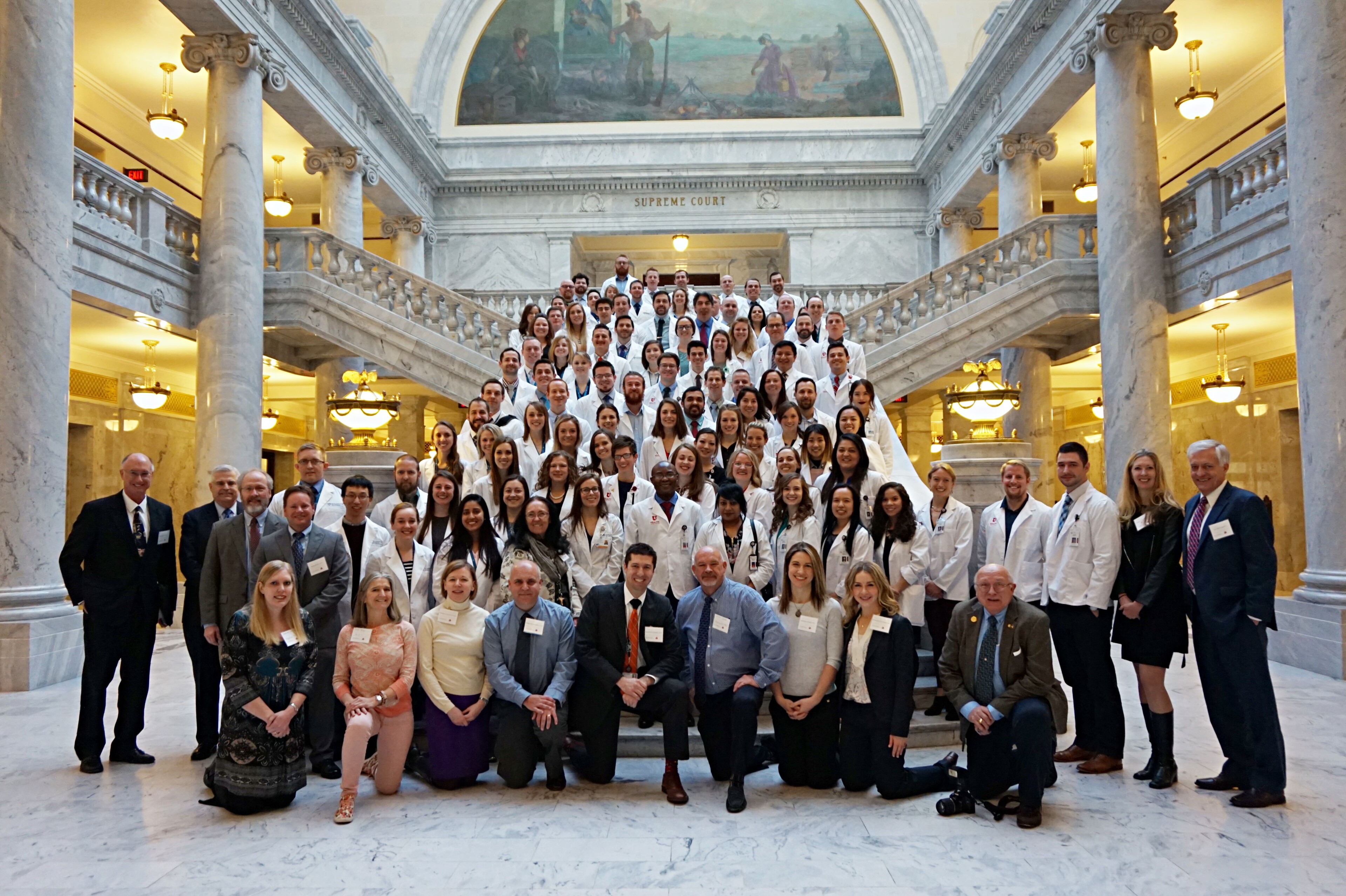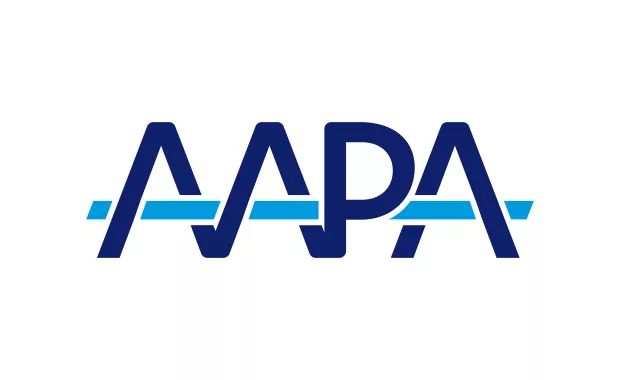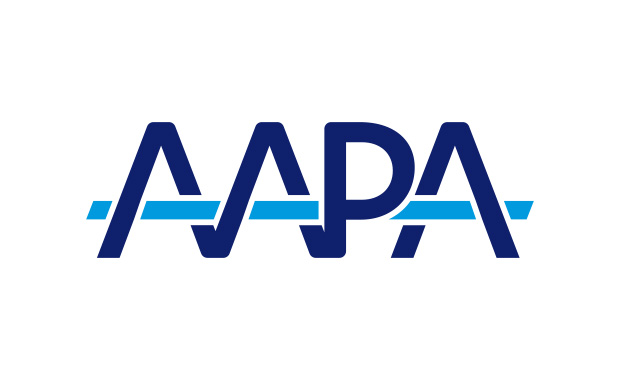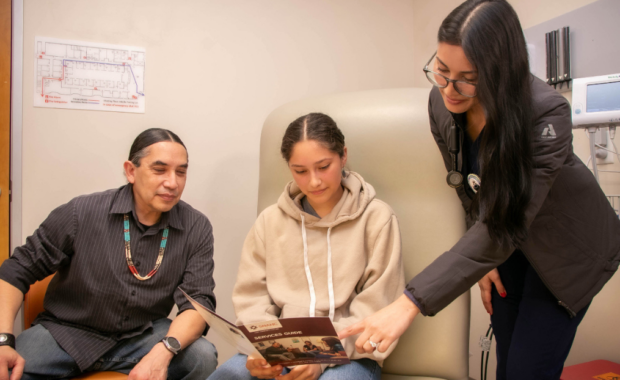Get Involved at the State Level to Impact PA Practice
Consider Follow-up with State Chapter, Legislators, Licensing/regulatory Agency
A new year offers new opportunities to advocate for the PA profession and patients! AAPA’s state advocacy team responds to several questions about how to get involved at the state level.
1. Why should PAs get involved in advocacy? What’s in it for them and how can they positively influence healthcare policy in states?
The PA profession, by nature, has a lot of flexibility in terms of what discipline/specialty PAs can practice. However, state laws and regulations haven’t necessarily caught up to the flexibility of modern healthcare teams or PA education and training. These barriers to care can negatively impact patients. PAs should get involved in updating state practice laws so they may practice to the full extent of their education, training, and experience. The first step is working to remove outdated administrative burdens that prevent PAs and physicians from focusing solely on patient care. Two good places to start are becoming familiar with the latest AAPA policies and position statements and being an active member of a state chapter to work together to implement these policies across the country.

2. What can PAs do at the state level to impact PA practice?
One of the most effective advocacy tactics is to develop relationships with state legislators and staff, and, in partnership with your state chapter, work with them throughout the year to improve state practice laws. PAs can arrange face-to-=face meetings with their state legislators and their staff to discuss the role of PAs in their community and offer to be a resource for the legislator on the topics surrounding healthcare. We have great information about town hall meetings and about hosting legislators at your practice.
3. How does state chapter membership help multiply PA influence?
State chapter membership helps to increase PA influence in legislatures and with regulatory authorities because chapter dues support the chapter’s advocacy work. Whether that means the chapter can hire a lobbyist to assist with moving legislation or host an annual lobby day at the state capitol, dues enable the chapter to amplify the PA voice in the state. State chapter membership also widens the pool of potential volunteers and constituents who are educated on the latest policy changes and developments. They can then go out and advocate appropriately on behalf of their profession and their patients.
4. What types of state committees, task forces and commissions are generally seeking healthcare providers as volunteers?
In recent years, many states have established various task forces and committees. Some become standing committees, such as a task force or committee on primary care. Others may address specific acute issues, such as the opioid crisis. We hope that the law or regulation authorizing the group specifically includes in its language a PA member of the committee or task force. Or, at the very least, that it includes a general provider spot that could be filled by a PA.
5. How can PAs follow up to seek opportunities to lend their expertise at the state level?
PAs can follow up with their state chapter, their legislators, and their licensing/regulatory agency. There are many opportunities for PAs to influence policy, it just depends on finding the one that best meets your skills and your availability.
6. Other general advice for getting involved in specific state advocacy?
Every state is different in terms of what changes/improvements would make the greatest impact on PAs and patients. Get a good understanding of not only the issues you face individually, but those that your colleagues from other parts of the state are encountering as well. Additionally, be a voice for your chapter – encourage other PAs to join, to lend their time, and to contribute to the chapter’s political action committee, if it has one. Without the active involvement of a robust number of members, a state chapter’s ability to impact positive change for the profession will be considerably limited.
7. Does AAPA have resources that might help PAs advocate for the profession?
Absolutely, AAPA has the following:
Grassroots advocacy resources
A Successful PA Day at Your State Capitol (members only)
Tools for State Advocates
Professional, State Law and Specialty Practice Issue Briefs
In addition, AAPA’s Leadership and Advocacy Summit, coming up March 5-7, 2020, in Arlington, Virginia, offers training on preparing for visits with legislators.
Contact your state advocacy team member for more information.
Thank you for reading AAPA’s News Central
You have 2 articles left this month. Create a free account to read more stories, or become a member for more access to exclusive benefits! Already have an account? Log in.



